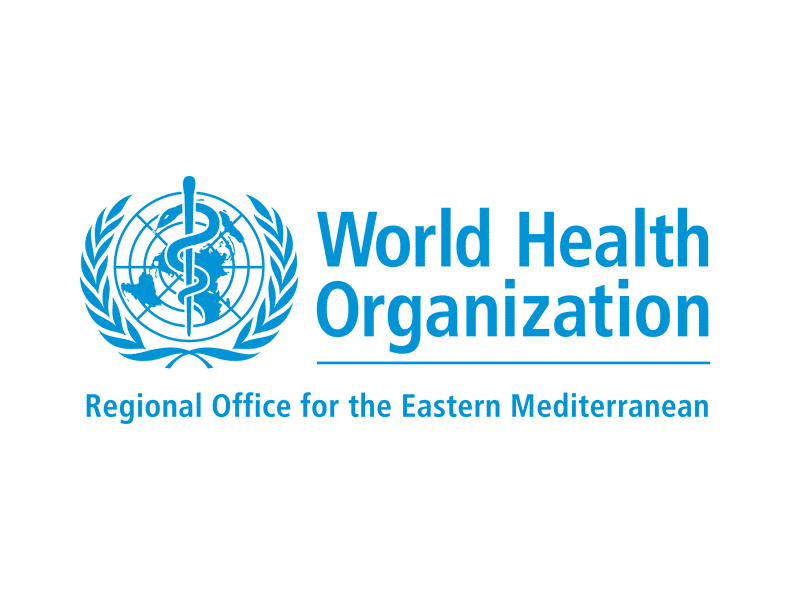8 November 2023 – As deaths and injuries in Gaza continue to rise due to intensified hostilities, intense overcrowding and disrupted health, water, and sanitation systems pose an added danger: the rapid spread of infectious diseases. Some worrying trends are already emerging.
Lack of fuel has led to the shutting down of desalination plants, significantly increasing the risk of bacterial infections like diarrhea spreading as people consume contaminated water. Lack of fuel has also disrupted all solid waste collection, creating an environment conducive to the rapid and widespread proliferation of insects, rodents that can carry and transit diseases.
The situation is particularly concerning for almost 1.5 million displaced people across Gaza, especially those living in severely overcrowded shelters with poor access to hygiene facilities and safe water, increasing risk of infectious diseases transmission. UNRWA, WHO, and the Ministry of Health are scaling up a flexible disease surveillance system in many of these shelters and health facilities. The current disease trends are very concerning.
Since mid-October 2023, over 33,551 cases of diarrhea have been reported. Over half of these are among children under age five — a significant increase compared to an average of 2000 cases monthly in children under five throughout 2021 and 2022. 8944 cases of scabies and lice, 1005 cases of chickenpox, 12635 cases of skin rash and 54,866 cases of upper respiratory infections have also been reported.
Disrupted routine vaccination activities, as well as lack of medicines for treating communicable diseases, further increase the risk of accelerated disease spread. This is compounded by incomplete coverage of the disease surveillance system, including early disease detection and response capacities. Limited internet connectivity and phone system functioning further constrains our ability to detect potential outbreaks early and respond effectively.
In health facilities, damaged water and sanitation systems, and dwindling cleaning supplies have made it almost impossible to maintain basic infection prevention and control measures. These developments substantially increase the risk of infections arising from trauma, surgery, wound care and childbirth. Immunosuppressed individuals, such as patients with cancer, are especially at risk of complicating infections. Insufficient personal protective equipment means that health care workers themselves can acquire and transmit infections while providing care to their patients. The management of medical waste at hospitals has been severely disrupted, further increasing exposure to hazardous materials and infection.
WHO calls for urgent, accelerated access for humanitarian aid – including fuel, water, food, and medical supplies – into and throughout the Gaza Strip. All parties to the conflict must abide by their obligations under international humanitarian law to protect civilians and civilian infrastructure, including health care. WHO calls for the unconditional release of all hostages and a humanitarian ceasefire to prevent further death and suffering.

